Filter by
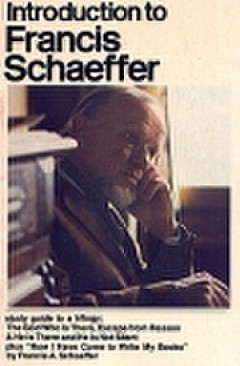
Introduction to Francis Schaeffer
The aim of this guide is to help readers grasp Schaeffer's essential ideas through a study of his "trilogy" ; The God Who is There, Escape from Reason and He is Not Silent.
- Edition
- -
- ISBN/ISSN
- 0-340-14738-5
- Collation
- 61 hlm.; Soft Cover 12x 19 cm
- Series Title
- -
- Call Number
- 230.5
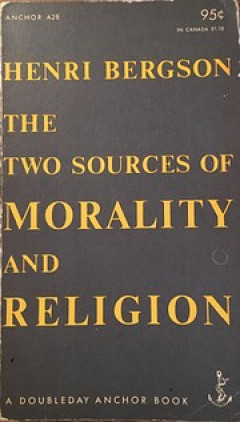
The Two Sources of Morality And Religion
Henri Bergson (1859-1941) was one of the great philosophers of our era whose concept of creative evolution continues to dominate a large area of modern thought. In Bergson’s view, the world includes two opposing tendencies-life and matter. Life is dynamics, has force and will, and struggles for richness and complexity through and beyond matter. Matter is the congealed residue of creation that…
- Edition
- -
- ISBN/ISSN
- -
- Collation
- Paperback, 320 hlm, 11x18 cm
- Series Title
- -
- Call Number
- 170
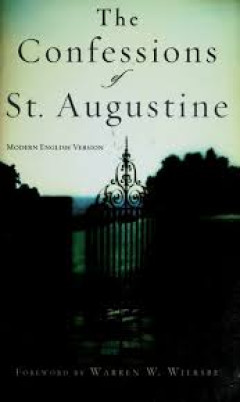
The Confessions of St. Augustine
Confessions is one of the most moving diaries ever recorded of a man's journey to the fountain of God's grace. Writing as a sinner, not a saint, Augustine shares his innermost thoughts and conversion experiences and wrestles with the spiritual questions that have stirred the hearts of the thoughtful since time began. Starting with his childhood in Numidia, through his youth and early adulthood …
- Edition
- -
- ISBN/ISSN
- 0-80078724-2 / 9-780800-787240
- Collation
- Softcover; 199 hlm.; 12 x 18 cm
- Series Title
- -
- Call Number
- 270.2092
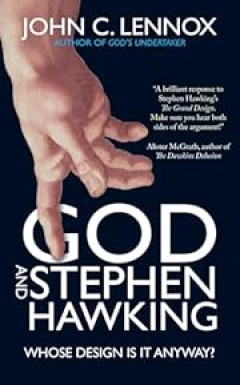
God and Stephen Hawking - Whose Design is it Anyway?
"The Grand Design", by eminent scientist Stephen Hawking, is the latest blockbusting contribution to the "New Atheist" debate, and claims that the laws of physics themselves brought the universe into being, rather than God. In this swift and forthright reply, John Lennox, oxford mathematician and author of "God's Undertaker", takes a closer look at Hawking's logic. In lively, layman's terms, Le…
- Edition
- -
- ISBN/ISSN
- 978-0-7459-5549-0
- Collation
- 96 hlm.; Soft Cover 11 x 17,5 cm
- Series Title
- -
- Call Number
- 231.765

Basic Teachings of the Great Philosophers
A complete summary of the views of the most important philosophers since the beginning of Western civilization. Each major field of philosophic inquiry is treated in a separate chapter, so that each chapter can be read as a complete unit, without reference to the others. Includes Plato, Descartes, Spinoza, Kant, Hegel, Dewey, Sartre, and many others.
- Edition
- -
- ISBN/ISSN
- 038503007X / 9780385030076
- Collation
- 334 hal., 15.3x20.3cm
- Series Title
- Everyday Handbook Series
- Call Number
- 110
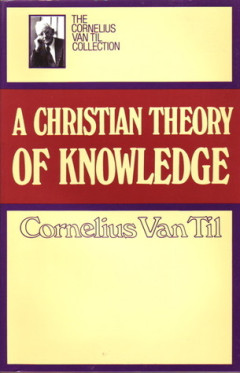
A Christian Theory Of Knowledge
In This Volume Cornelius Van Til Focuses on the nature of a commitment to biblical authority and its implications for non-Christian thought. To some degree an expansion of and supplement to his The Defense of the faith, this book compares and contrasts a consistently Christian approach to knowledge with interpretations that have been given to it throughout church history. Van Til gives specific…
- Edition
- -
- ISBN/ISSN
- 0-87552-480-X
- Collation
- Soft Cover, 390 hlm, 14x21 cm
- Series Title
- The Cornelius Van Til Collection
- Call Number
- 230.01
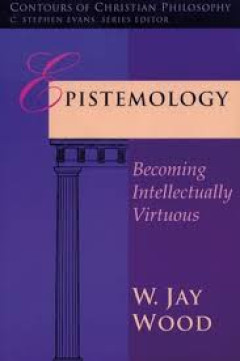
Epistemology Becoming Intellectually Virtuous
How do we know what we know? What have wisdom, prudence and studiousness to do with justifying our beliefs? Jay Wood begins this introduction to epistemology by taking an extended look at the idea of knowing within the context of the intellectual virtues. He then surveys current views of foundationalism, epistemic justification and reliabilism. Finally he examines the relationship of epistemolo…
- Edition
- 19
- ISBN/ISSN
- 0-87784-522-0
- Collation
- Soft Cover, 216 hlm, 14,8x22 cm
- Series Title
- Countours of Christian Philosophy
- Call Number
- 230.01
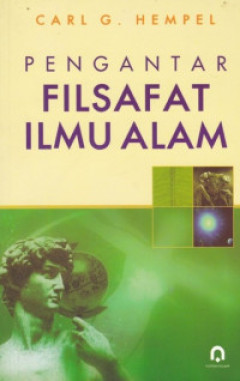
Pengantar Filsafat Ilmu Alam
Berbagai cabang penyelidikan ilmiah yang berbeda-beda dapat dibagi menjadi dua kelompok besar: ilmu empiris dan nonempiris. Ilmu empiris berusaha untuk mengeksplorasi, mendeskripsi, memprediksi dan menjelaskan kejadian-kejadian di duni tempat kita hidup. Oleh karena itu, pernyataan-pernyataan Ikmu empiris harus dicocokan dengan fakta pengalaman kita, dan pernyataan-pernyataan tersebut dapat dit…
- Edition
- 1
- ISBN/ISSN
- 979-3477-66-0
- Collation
- Soft Cover, 235hlm, 14,1x21cm
- Series Title
- -
- Call Number
- 501
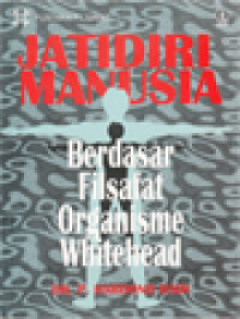
Jati Diri Manusia : Berdasarkan Filsafat Organisme Whitehead
JATIDIRI MANUSIA Berdasar Filsafat Organisme Whitehead Tugas utana manusia", kata Sokrates, "adalah menggembalakan jiwanya". Untuk itu manusia harus mengenal dirinya yang sejati atau JATIDIRI-nya. "Siapakah aku?" merupakan pertanyaan yang sangat kompleks dengan unsur- unsur dan taraf-tarafnya yang berbeda-beda. "Aku" di hadapan orangtua tidak sama dengan aku di hadapan tanaman kesayanganku, …
- Edition
- 7
- ISBN/ISSN
- 979-497-674-1
- Collation
- Soft Cover, 219 hlm, 15x20,8cm
- Series Title
- -
- Call Number
- 128

Tuhan di Mata para Filosof
Semua orang beriman secara naluriah memahami bahwa Tuhan mengatasi akal manusia. Dengan penuh penyerahan diri, biasanya mereka berkata, Tuhan tidak bisa dijangkau dengan akal. Namun, para filosof tidak mau menyerah begitu saja. Bagi mereka, Tuhan yang menganugerahi akal (intelijen) pastilah bisa dijangkau dengan akal (inteljbel)-dalam batas-batas tertentu. Jika tidak, lalu apa tujuan Tuhan memb…
- Edition
- 1
- ISBN/ISSN
- 979-433-359-X
- Collation
- Soft Cover, 237 hlm, 13x20,5cm
- Series Title
- -
- Call Number
- 208
 Computer Science, Information & General Works
Computer Science, Information & General Works  Philosophy & Psychology
Philosophy & Psychology  Religion
Religion  Social Sciences
Social Sciences  Language
Language  Pure Science
Pure Science  Applied Sciences
Applied Sciences  Art & Recreation
Art & Recreation  Literature
Literature  History & Geography
History & Geography